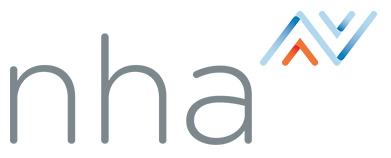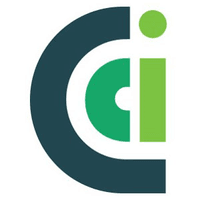Phlebotomy Technician

The phlebotomist is a vital member of the clinical laboratory team, whose main function is to obtain patient’s blood specimens by venipuncture and micro-collection for testing purposes. Phlebotomists are employed throughout the healthcare system including in hospitals, neighborhood health centers, medical group practices, HMO’s, public health facilities, veteran hospitals, insurance carriers, and in other healthcare settings. The demand for phlebotomy technicians has increased substantially with the overall complexity of healthcare services and the risks of infectious disease.
This program prepares learners to collect blood specimens from clients for the purpose of laboratory analysis. Learners will become familiar with all aspects of blood collection and will review the skills needed to perform venipunctures safely. Topics in this course include medical terminology, related anatomy and physiology, blood collection procedures, and procedures for collection of other types of specimens within the scope of practice of the phlebotomist.
$1,299
Access / Completion Time:
6 Months / 350 Hours
e-Textbooks are included
CCI Contact Information
Learning Objectives
After completing this program, learners will be able to:
- Explain the steps in selected specimen collection procedures performed by the phlebotomy technician
- Explain the safety procedures in the healthcare setting and specifically in performing specimen collection procedures
- Identify specific supplies and equipment used in selected specimen collection procedures
- Explain precautions and guidelines when collecting specimens in special populations such as pediatrics and geriatrics
- Define quality of care and explain the impact on patient medical care when quality and safety are compromised in phlebotomy procedures
- Describe the anatomy, physiology, pathophysiology, and medical terminology associated with phlebotomy
- Describe the requirements of the successful phlebotomy career including desired character traits, training and education, roles and responsibilities
- Explain how phlebotomists communicate with others in the healthcare setting verbally, nonverbally, within the health record, and using computer systems
- Identify common legal issues, ethical issues, and regulatory issues commonly impacting the phlebotomist
National Certification
After completing this program, learners will have the option to take the leading national/industry-recognized certification exams essential to entry-level employment in this fast-growing field.
 National Healthcareer Association (NHA) Phlebotomy Technician Certification (CPT)
National Healthcareer Association (NHA) Phlebotomy Technician Certification (CPT)
Clinical Externship / Hands-on Training / Practicum
Although not a requirement, once participants complete the program, they have the ability to participate in a volunteer clinical externship/ hands-on training/ practicum with an organization in their area so as to practice the skills necessary to perform the job requirements of a professional in this field. Participants will also be assisted with completing a resume and/or other requirements necessary to work in this field.
Note: Additional documentation including health records, immunizations, drug-screening,
criminal background checks, etc. may be required by the externship facility.

Offered through our partnership with
Condensed Curriculum International